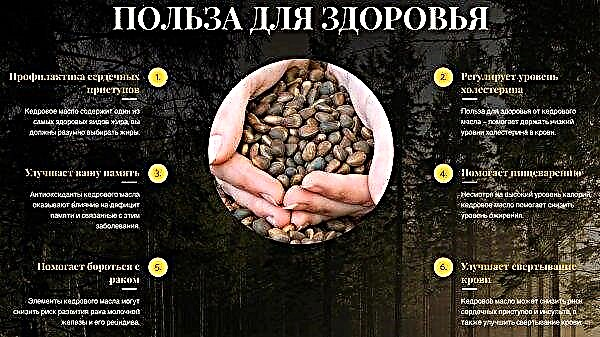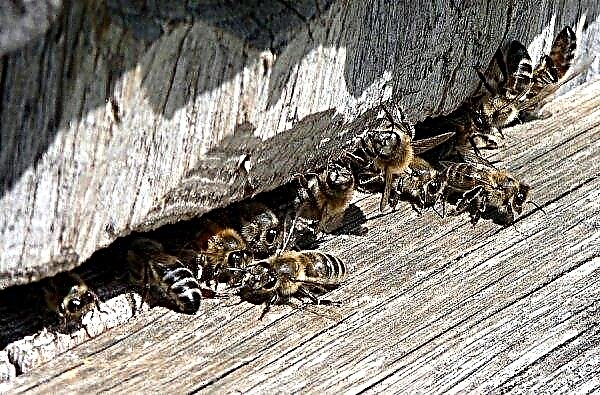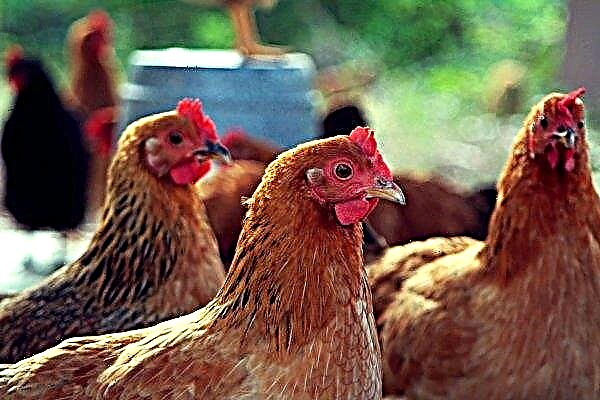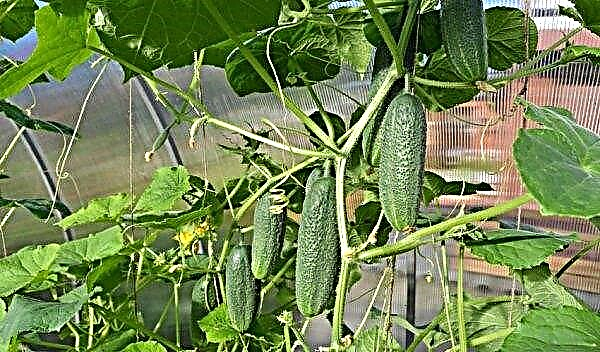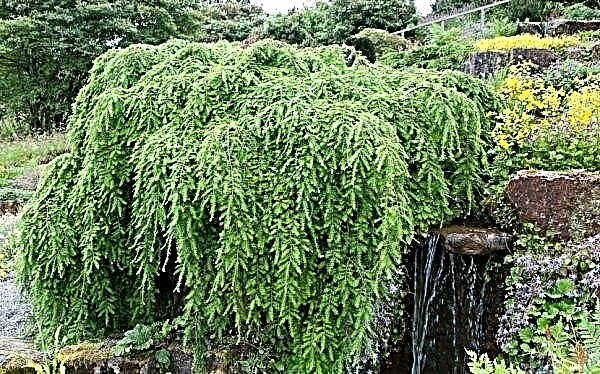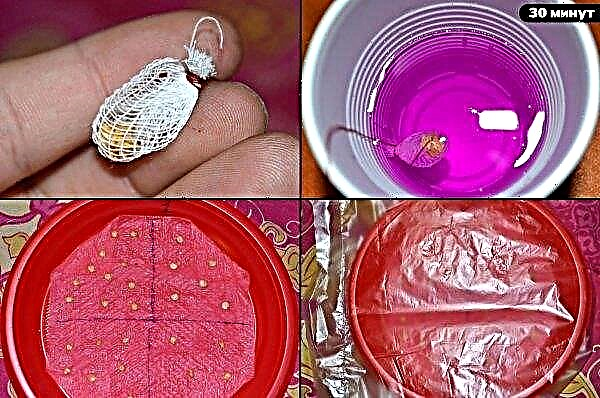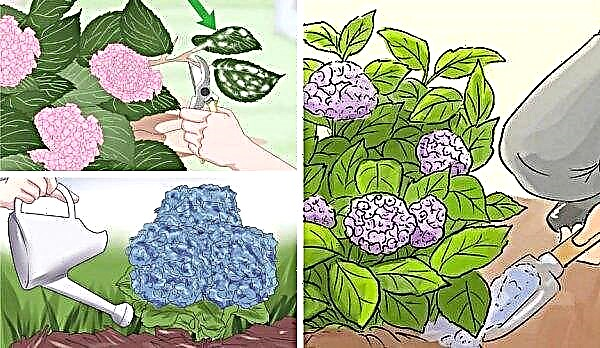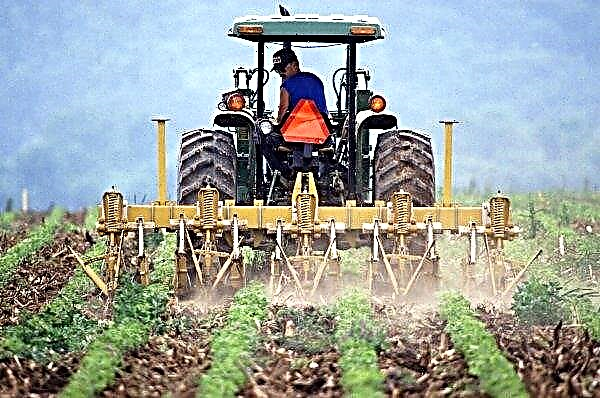Indian agriculture has a number of problems that impede its development: the reluctance of farmers to abandon obsolete technologies, excessive reliance on common agrochemicals, poor supply chain management and the problem of counterfeit products.
Professionals who work directly with farmers understand that the problem is at a deeper level - the reluctance of farmers to accept something that contradicts their traditional understanding of agriculture.
They negatively relate to everything that, in their opinion, can damage their crop, even if it means that they get a lower price for their products if they do not use agrochemicals. Often they do not have knowledge about the proper cultivation of products.

Many companies have initiated training efforts with the government, but there is still a long way to go.
Insecticides dominate the plant protection industry in India, with a market share of about 50%. The bulk of the domestic consumption of insecticides and herbicides is general, and in the future this demand is likely to grow in the northern region.

Generic agrochemicals are popular with farmers who are comfortable using these proven, patented agrochemicals. In addition, agrochemicals in India are often counterfeited.
Such products not only turn out to be ineffective, but also cause a lot of damage to the crop, and also damage the reputation of agrochemical companies. Poor supply chains and the ignorance of farmers contribute to the penetration of counterfeit products, especially in remote areas of the country.

